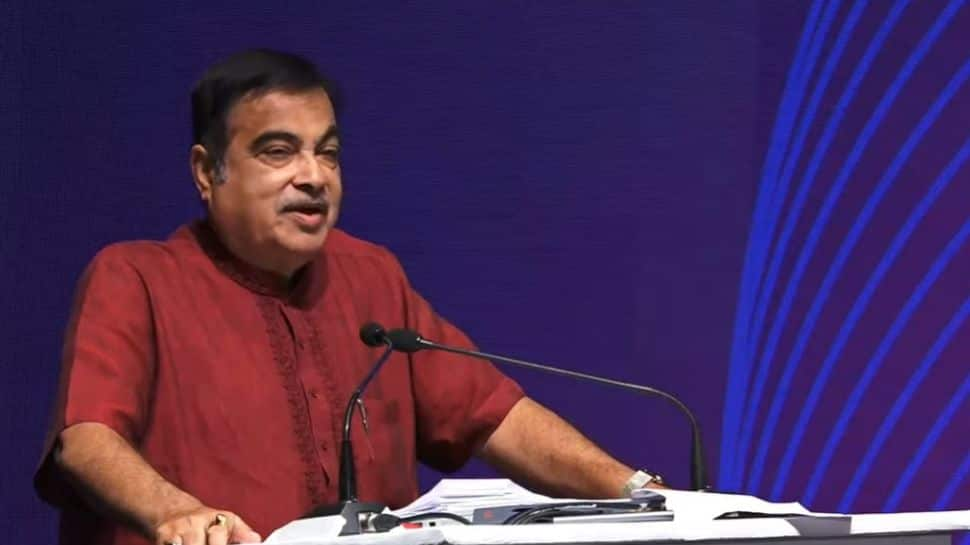‘My dream is…’ Nitin Gadkari shares updates on Delhi-Mumbai Expressway
Addressing the National Conference for Civil Engineers and Professionals from Allied Industries organised by the Association of Consulting Civil Engineers (ACCE) Union Minister Nitin Gadkari talked about the Delhi-Mumbai Express Highway. The union minister claimed that 70 per cent of the work of the aforementioned expressway is complete. Furthermore, the minister added that it is his hope to reduce the present time required to travel by road from Nariman Point in Mumbai to Delhi to only 12 hours. Gadkari added that the PPP (public-private partnership) method might be used to connect Nariman Point to the highway, as the ministry has decided to do.
The public will be able to use the Delhi-Mumbai Expressway after March 2023. States like Haryana, Gujarat, Madhya Pradesh, and Maharashtra would be connected by the Delhi-Mumbai Express. Moreover, it will improve connectivity to economic hubs such as Jaipur, Kishangarh, Ajmer, Kota, Chittorgarh, Udaipur, Bhopal, Ujjain, Indore, Ahmedabad, Vadodara, and Surat, bringing economic prosperity to millions. The ambitious Bharatmala Pariyojana, launched by the Indian government, will begin with this phase.
My dream is to take citizens from Nariman Point, Mumbai to Delhi in 12 hours
70% of project is completed, now we have decided to connect Nariman Point to Delhi-Mumbai Express Highway
We can do this by PPP mode
– Union Minister @nitin_gadkari
— PIB in Maharashtra (@PIBMumbai) August 21, 2022
The Delhi-Mumbai Expressway is one of the most significant projects undertaken in recent years by the Ministry of Road Transport and Highways (MORTH). The 1380 km long Delhi Mumbai expressway, which will cost 98,000 crores to build, will be India’s longest expressway. It will improve connectivity between the National Capital of Delhi and the Financial Capital of Mumbai. The expressway will connect urban centres in Delhi via the Delhi-Faridabad-Sohna section of the corridor, as well as a spur to Jewar Airport and Jawaharlal Nehru Port, to Mumbai via a spur in Mumbai.
Also read: Delhi Police posts quirky photo to spread awareness against noise pollution, tickles netizens
In addition, the road transport ministry is planning to build an electric highway between Delhi and Mumbai at a cost of 2.5 lakh crore. Trolleybuses and trolley trucks will be able to operate on these highways, according to the ministry. Trolley buses are electric buses that are powered by overhead wires, whereas an electric highway is a road that provides power to vehicles travelling on it, including via overhead power lines.
For all the latest business News Click Here

